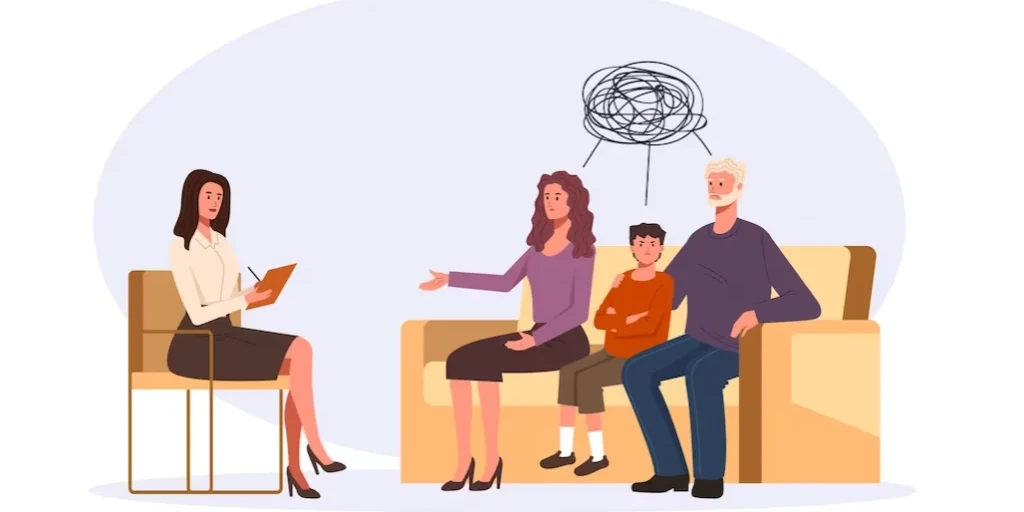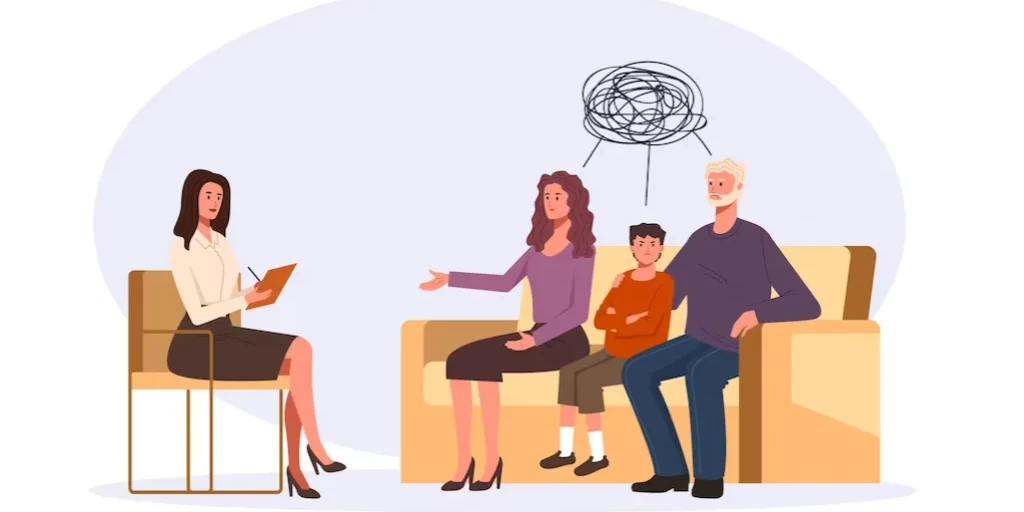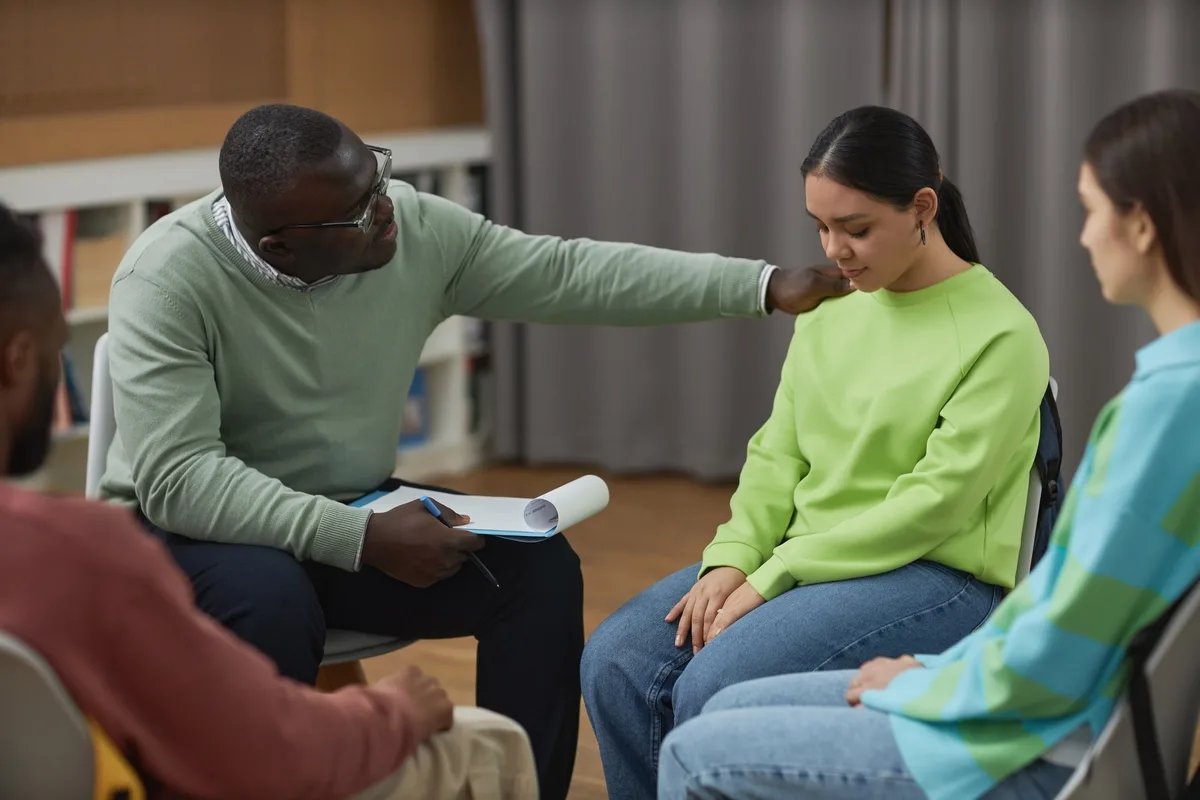During your stay at a Group Therapy rehab center in Montgomery, you can expect a structured program designed to promote recovery through a combination of counseling, therapy, and peer support. Upon admission, there will typically be an initial assessment where staff gain insight into your history and specific needs. This helps develop a personalized treatment plan, integrating various therapeutic approaches, including individual and group counseling. Group therapy sessions will likely be a central focus of your daily routine, encouraging shared experiences and support among peers. Daily schedules also include educational sessions on addiction, coping strategies, and life skills, aimed at equipping you with tools that promote long-term recovery. Expect to engage in activities that foster connection, emotional healing, and personal growth, all within a supportive community. Additionally, rehab centers often emphasize the role of holistic practices such as mindfulness, yoga, or exercise therapy to enhance physical and emotional well-being. As you progress, staff will continuously evaluate your treatment to determine the appropriate next steps towards achieving lasting recovery. Overall, the process is designed to empower you to take ownership of your recovery and lay the groundwork for a healthier, substance-free life.





























































































